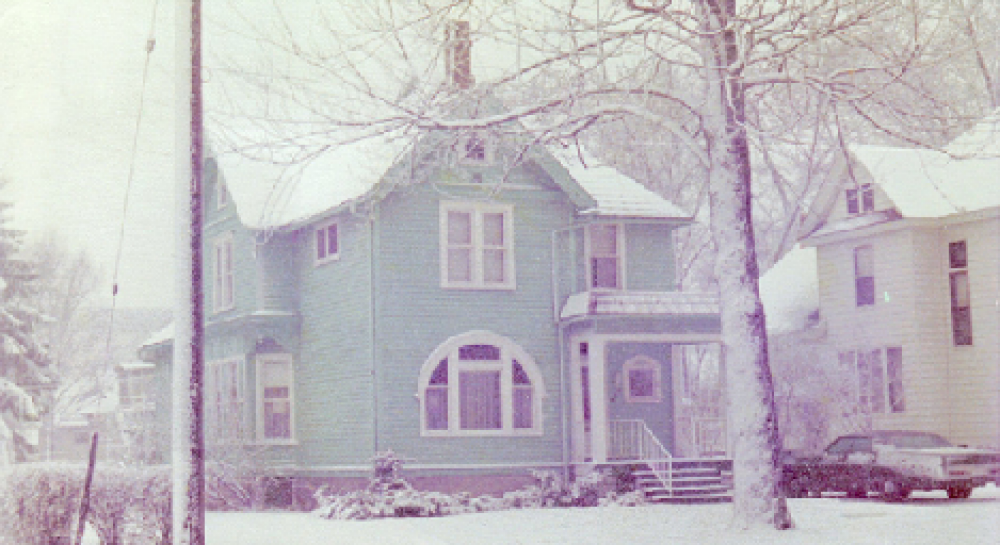the quiet of a sleeping house
offers no company
mends no wound
the uttered silence
of still night
says only to rest
but i am not tired
i am not at peace
and i want to cripple that silence
for i am wounded
and alone

It has been weeks since I have read this poem, and yet I cannot forget two lines: ‘the uttered silence/ of still night.’ The alliteration of the ‘s’ and ‘t’ make for a remarkably crisp sound. Cold. Death-like. As I imagine the poet to feel. The word ‘uttered,’ for me, is the most compelling word of the lines … sure that silence is all that makes sound is in and of itself remarkable, but the sense of what that word might mean destroys that small comfort. The American Heritage Dictionary defines the adjective of utter as ‘Complete; absolute; entire.’ So beyond the articulation of sound is the notion that the silence is complete, absolute, entire. For me, this is devastating. And the hardest bit is that of 10 words in a stanza … four (silence, still, night, and rest) can be universally read as ‘little deaths.’ I worry for this poet. I want him to find life … find his miles, his swans, his anything but that ‘uttered silence.’
uttered is the key to this, I think. silence is a sound, not a word of comfort. it’s limited. is it too much of a stretch … that utter is like udder. Mother says to be still and rest … but that call does not stop what what is truth … that Mother is not a comfort … for all that she is, you, the speaker, is ‘wounded’ and alone because of this.